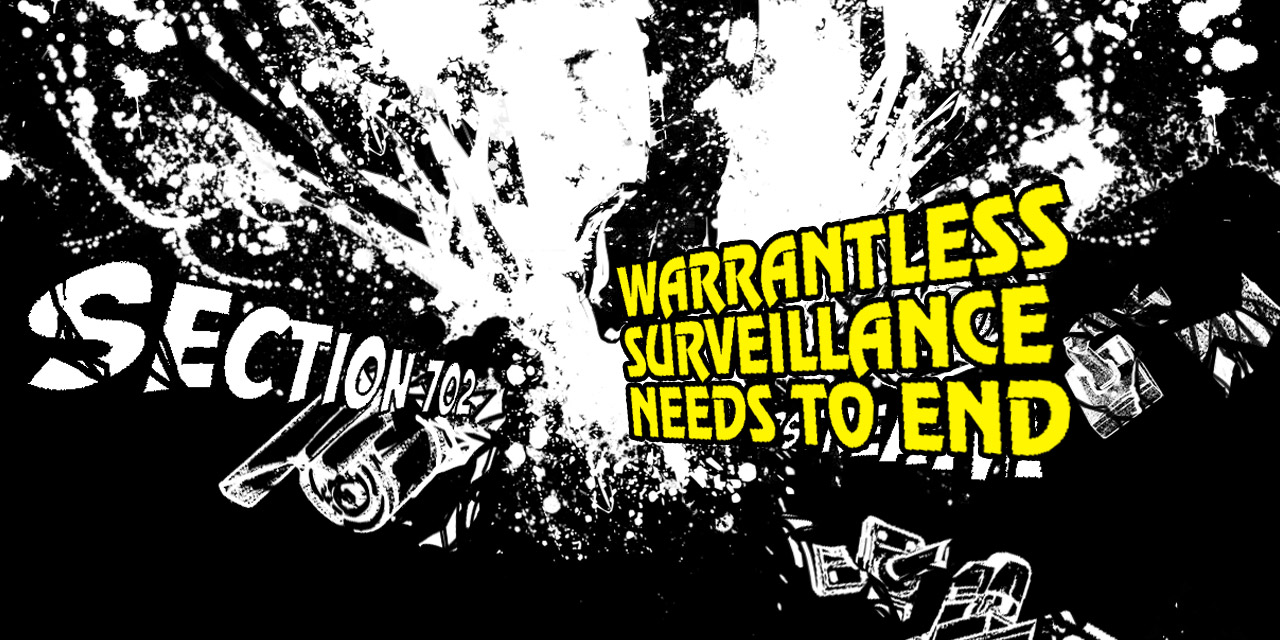The (really) bad
Let’s get this out of the way. The U.S. Senate passed — and President Trump has signed into law — a bill that will extend and expand invasive surveillance programs like PRISM and Upstream. The bill re-authorizes these programs through 2023, and it could even be interpreted to explicitly approve more types of searches.
As people who have worked on this issue since before the Snowden leaks, talk with lawmakers, and have the support of an organization like Access Now, we feel like this is not just a huge loss, but a personal failure. We’re sorry we couldn’t do more, and we thank you for standing with us every step of the way.
But enough feeling bad.
The good
The good news is that just because the government has surveillance programs, it doesn’t mean that we’re helpless. Not only can we continue to fight for better laws, we can each take steps to improve our own digital security and make it harder for our communications to be monitored.
One way is to use encryption whenever possible. Messaging apps like Signal encrypt your messages from end to end. And you can use encryption schemes like PGP to help protect your emails. When all of us do this, it makes the internet safer for everyone.
LET US BE CLEAR — using encryption does not mean you’re completely safe. The metadata — including the size of a message, the time it was sent, and to whom it was sent — is all still accessible through government surveillance. And U.S. companies are directly subject to U.S. legal process for data they have access to. But by encrypting the contents of your communications, you make it harder for the government to conduct these operations on a global scale. It also offers a degree of protection from other forms of spying like the kind carried out by data marketers and your internet service provider. Finally, it increases accountability by pushing the government to make requests directly to companies, which can, to an extent, report those requests publicly.
If you need assistance identifying the most effective digital security tools for the risks you face, you can find more resources through Access Now’s Digital Security Helpline and our partners.
The hopeful
The U.S. government would like to avoid talking about these programs until they’re up for renewal again in 2023. But fortunately, we might not have to wait.
There is currently a legal challenge to the U.S.-E.U. “Privacy Shield” based on concerns about these programs. The Privacy Shield is an agreement that allows companies to transfer data between the United States and Europe. It’s absolutely necessary for business to be done, but it’s based on the premise that the United States will protect the information of people in Europe. And the U.S. government just sent a strong message that they will not protect the rights of global users.
If the Court of Justice of the European Court strikes down the Privacy Shield then we’ll be in a very strong position to renegotiate the U.S. government’s surveillance authority. While we can’t know what the courts will do, it gives us reason to be hopeful that this fight is not over.

